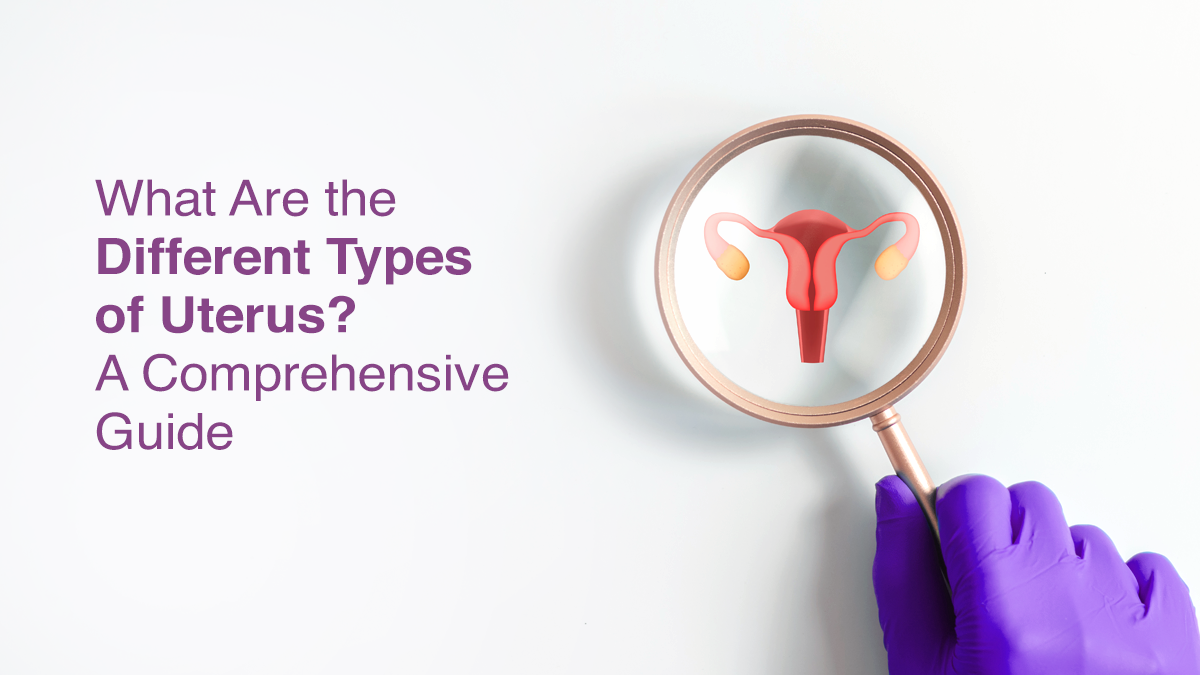
Can Blocked Fallopian Tubes Cause Infertility?

Did you know that 10% of couples who fail to conceive find no detectable reason for infertility? This is known as unexplained infertility, where fertility tests do not reveal any underlying cause for the inability to conceive. This can be a frustrating situation, leaving you with more questions than answers about your reproductive health. But did you also know that the reason for 30% of cases of unexplained infertility turns out to be blocked fallopian tubes? The reason it goes undiagnosed is that there usually are no symptoms that directly indicate blocked tubes.
The Role of Fallopian Tubes Blockage in Fertility
If you have been trying to conceive for at least one year but have not succeeded, the reasons could be unexplained infertility due to low sperm count, ovulation disorders or blocked fallopian tubes. The fallopian tubes are a vital part of your reproductive system. This is the passage for your egg and your partner’s sperm to meet and fertilise. The fertilised egg or embryo then uses the same passage to move to the uterus, where the foetus develops. Therefore, the health of the fallopian tubes plays a major role in fertility.
Blocked or damaged tubes can make it difficult to achieve pregnancy, since the path for the egg to travel to the uterus is obstructed. However, since each of your two ovaries is connected to a fallopian tube, if one is damaged or blocked but the other tube is functioning normally, pregnancy can occur although it will take time. This is because only one ovary releases an egg each month. Also, the same ovary could release an egg for 2-3 consecutive months before the other ovary releases an egg.
Symptoms of Blocked Fallopian Tubes
This condition can go unnoticed till you experience difficulties in conception because most women do not experience any symptoms specifically indicative of blocked or damaged tubes. However, some signs and symptoms that could indicate fallopian tube blockage include irregular periods, heavy bleeding or spotting. Blocked fallopian tubes can lead to irregular menstrual cycles because the egg might not reach the uterus. A blockage can also lead to heavy bleeding during menstruation and spotting between periods.
Other blocked tube symptoms are pelvic pain, pain during intercourse, difficulty conceiving, abdominal pain and unusual vaginal discharge.
A common reason for blocked fallopian tubes is pelvic inflammatory disease. Endometriosis, previous surgeries, ectopic pregnancy or tubal ligation are some of the other causes of tubal blocks.
Treatment Options for Fallopian Tube Blockage
If your fertility specialist suspects blocked fallopian tubes to be the reason for your unexplained infertility, they might ask for tests to confirm their diagnosis. The most common diagnostic tests for fallopian tube blockage are ultrasound, hysterosalpingogram (a type of dye-based X-ray) and laparoscopy, where a tiny camera is inserted through a small cut in your abdomen to get a clear picture of the tubes. If the signs and symptoms and tests confirm fallopian tube blockage, the following treatment options are available:
Tubal cannulation:
An x-ray procedure that may be recommended when the blockage is close to the uterus.
Tubal flushing:
A procedure that uses a small balloon catheter to flush the tubes with saline or lipiodol to open blocks.
Surgery:
Scar tissue in the tubes is eliminated through surgery to clear the pass for eggs to pass through. There are several types of surgical procedures, including:
Salpingectomy:
One or both fallopian tubes are removed if there is extensive damage.
Salpingostomy:
Blockage is removed by making a small incision to drain the tube, remove damaged parts, and reopen the ends.
Although not scientifically proven, some natural ingredients are said to offer treatment for fallopian tube blockages, such as Vitamin C, turmeric, ginger, garlic, dong quai, ginseng and vaginal steaming.
Conceiving with Blocked Fallopian Tubes
If you have been experiencing blocked tube symptoms and have been unable to conceive for more than a year, it is best to consult an experienced fertility specialist. You can get pregnant through assistive reproductive techniques like in vitro fertlisation (IVF) even if the tubes need to be removed surgically.
IVF involves harvesting eggs and fertilising them in a lab, then placing the embryos directly in your uterus, so that you can carry the pregnancy to term. Various other assistive reproductive options are available to help you fulfill your dream of parenthood.
To learn more about the reasons for unexplained infertility or blocked fallopian tubes, consult a trusted specialist at your nearest Oasis Fertility Clinic. They can also help you understand the various treatment options for blocked fallopian tubes and conception. You can also get support through our live chat facility or call 1800-3001-1000 for immediate assistance.


fill up the form to get a
Free Consultation
Avail 0% interest on EMI
All Procedures | No Upper Limit
Frequently Asked Questions
How can I conceive with unexplained infertility?
What causes unexplained infertility?
How can blocked fallopian tubes be cleared?
Can I still get pregnant with blocked fallopian tubes?
Can blocked fallopian tubes open naturally?
How we reviewed this article:
- Current Version
- October 14, 2024 by Oasis Fertility






